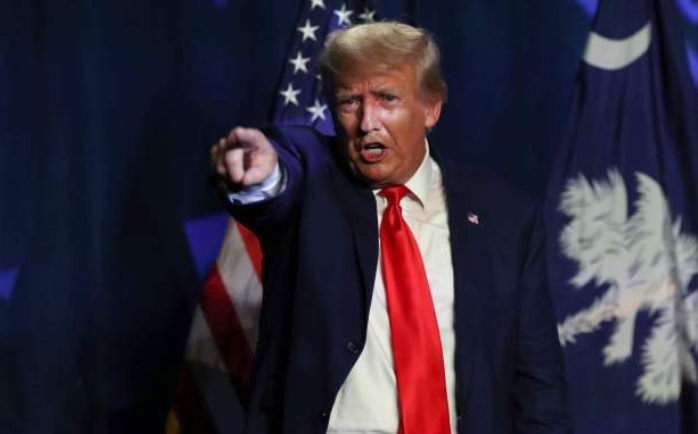
Neo-Populism
During the Enduring Disorder, disinformation and narratives glorifying corrupt strongmen can spread like wildfire. Specific technological advancements over the last two decades have come to amplify the implications of the lack of coordinated intergovernmental action to police cyberspace. Neo-populists, be they Trump, Haftar, Putin, or Xi, thrive on and come to power because of the same issues they claim they will solve. Once in power, they exploit popular nostalgia, repressed longings for a strong leader, and a widespread desire for ‘things to go back to how they were’. How do we address and fight against the dangerous dynamics of neo-populism and prevent it from contributing to the cycle of global disorder we are experiencing?
Spotlight
The Israeli prime minister’s failed, immoral policies are a deadly own goal and they are pure neopopulism, Jason Pack discusses the topic in The New European
Finland’s membership of Nato will benefit both the alliance and Helsinki, writes Jamie Shea.
Coup plotters rarely die of old age. Yevgeny Prigozhin is dead and the Kremlin is rid of a formidable challenger, but at what price? Brian Klaas explores, in the Atlantic.
Which country is ahead on the mission to self-destruct, the US or the UK? Alexandra Hall Hall compares.
Brian Klaas for The Atlantic on how Liz Truss’s resignation shows that British democracy is still working while American democracy flounders.
Putin cannot afford to lose wars, even if deploying a tactical nuclear weapon is the only alternative. David Patrikarakos explains how the West can respond to his mentality for UnHerd.
David Patrikarakos writes for The Daily Mail: Ukraine is losing hundreds of troops a day and yesterday another vital city fell. Yet the EU still seems to care more about Putin's gas.
Jason Pack writes for Foreign Policy that Putin’s disordering leadership style cannot be understood through the metaphors of chess or martial arts, but by viewing the current confrontation between the West and Russia as a game of televised poker.









